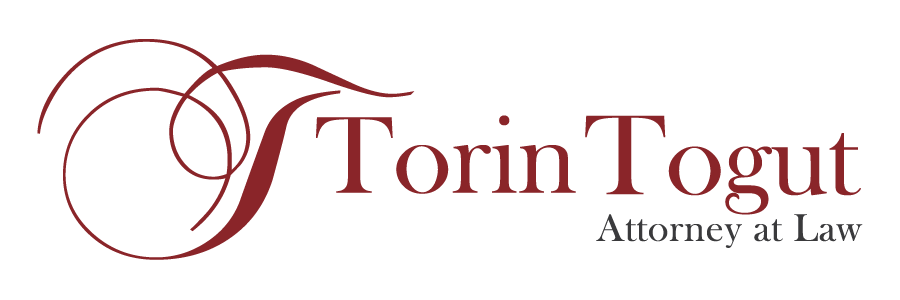What are Damages?
When a court awards damages, whether it be in a case involving a person with special needs or not, it is attempting to compensate the injured person for any losses they may have suffered as a result of the negligent party’s (or parties’) actions.
Damages can generally be defined through common law as a valuation of the injury or harm a person or entity suffers when a right or duty guaranteed by law is violated and are often categorized as compensatory or punitive. These two categories can be further qualified or enhanced based on the nature of the damage claim and statutory provisions which will be discussed below.
Compensatory damages
Compensatory damages, also commonly referred to as actual damages. These are often intended to provide compensation economic losses and general damages — which are non-economic losses. Medical expenses, lost wages, and property damage are examples of economic losses, while the reasonable value of emotional distress and pain and suffering are noneconomic or general damages. Non-economic losses can be much more difficult to recover, as it can be difficult for a DC personal injury lawyer to quantify these kinds of losses. These losses can become even more arduous to uncover when the case involves a person with disability, but that does not negate their importance.
Punitive damages
An award of punitive damages is not based on the losses suffered by the injured party, but is intended to punish the offending party, and to deter them and others from engaging in such activity in the future. Punitive damages are sought, and are more likely to be awarded, where it can be shown that the offending party’s actions were intentional, outrageously reckless, or based in fraud, malice, or bad faith. Punitive damages can be increasingly difficult to justify. Discuss whether or not your case warrants punitive damages with a skilled personal injury lawyer.
Liquidated, Treble, and Nominal Damages
Liquidated, treble, and nominal damages are other forms of damages commonly sought in personal injury cases of varying kinds. While not falling squarely within the broader parameters of compensatory or punitive damages, these qualifying terms enhance the two primary damages categories:
- Liquidated Damages: Predetermined amounts that are negotiated and included in contracts as compensation that will be owed from one party to the other, should a breach of the contract occur.
- Treble Damages: Multipliers of actual damages recoverable by an injured party as established by statutory law. These generally operate as an enhancement to punitive damages, and a court may award treble damages as punishment to the offender, as well as to deter the offending behavior in the future.
- Nominal Damages: Awarded by a court when it is proven that a legal duty or right was violated, but the aggrieved party suffered no loss or injury as a result of the violation. It is not uncommon for the nominal damages award to be one dollar, however in some jurisdictions, the injured party may also be awarded their legal fees and costs.
The type of damages available to be recovered will be determined by a number of factors. For a better understanding of what you and your loved ones may be entitled to, contact an experienced personal injury lawyer today.
Thanks to our friends and contributors from Cohen & Cohen, P.C. for their insight into the definition of damages.

